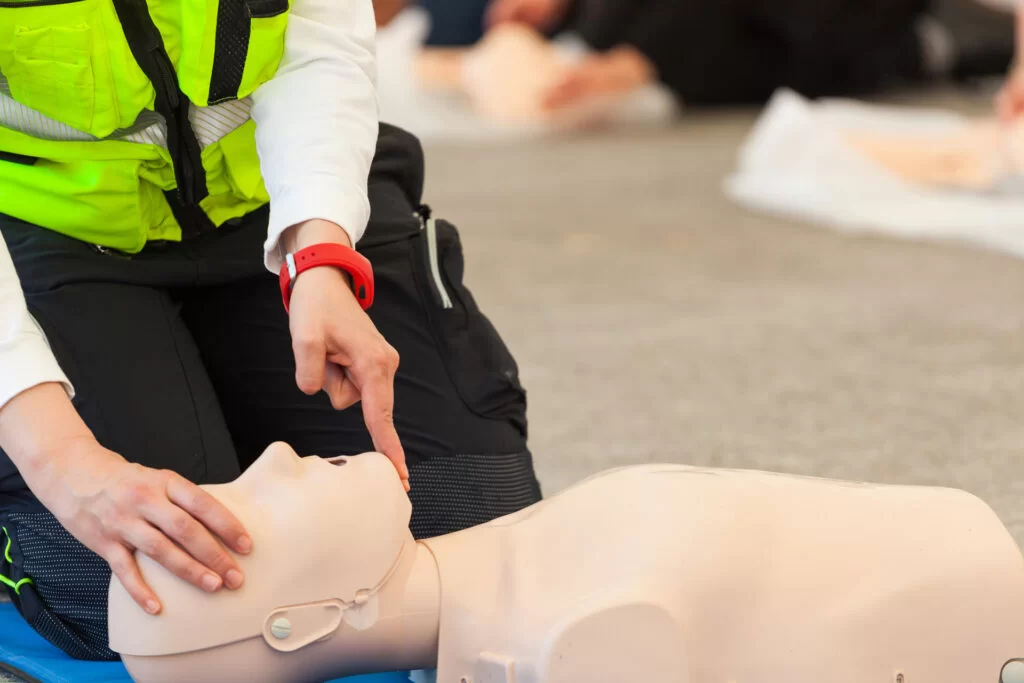Introduction
First aid training is crucial for security guards as they often find themselves in situations where immediate medical intervention is required. Discover more about the importance of first aid training for security guards, available programs, and the benefits of certification to get first aid and cpr courses near me.
Understanding First Aid for Security Guards
Common Injuries and Emergencies
Security guards may encounter various injuries and emergencies, including trauma from physical altercations and medical emergencies such as heart attacks or seizures. Understanding how to respond appropriately is essential for mitigating risks and ensuring the safety of individuals on-site.
First Aid Techniques for Security Guards
Basic first aid skills are indispensable for security guards, including wound care, bandaging, and controlling bleeding. Additionally, CPR and AED training are critical components of first aid certification, equipping guards with the knowledge and skills to respond effectively to cardiac emergencies.
Legal and Ethical Considerations
Security guards have a duty of care to patrons and staff, which includes providing prompt and appropriate medical assistance in emergencies. Understanding legal and ethical considerations, such as liability and risk management, is essential for protecting both individuals and organizations from potential legal repercussions.
Importance of CPR and AED Training
Cardiopulmonary Resuscitation (CPR)
CPR is a lifesaving technique that can significantly increase the chances of survival in cardiac arrest cases. Security guards trained in CPR can quickly assess the situation and provide chest compressions and rescue breaths, maintaining blood circulation and oxygenation until medical help arrives.
Automated External Defibrillator (AED) Use
AEDs are portable devices that deliver an electric shock to restore normal heart rhythm in individuals experiencing sudden cardiac arrest. Training security guards on AED operation and maintenance ensures prompt defibrillation, which is crucial for improving outcomes in cardiac emergencies.
Real-Life Scenarios and Simulation Training
Simulation training provides security guards with hands-on experience in responding to medical emergencies. Through practice drills and simulated scenarios, guards can enhance their response skills and confidence in managing various situations effectively.
Accessing First Aid Training for Security Guards
Local Training Providers
Numerous accredited first aid and CPR courses are available locally, offering comprehensive training programs tailored to the needs of security personnel. These courses cover essential first aid techniques, CPR, and AED operation, providing guards with the skills they need to respond confidently in emergencies.
Online Training Options
For convenience and flexibility, security guards can opt for online first aid and CPR courses. Virtual training platforms offer interactive modules and certification options, allowing guards to complete training at their own pace and convenience.
Employer-Sponsored Training Programs
Many employers sponsor first aid and CPR training programs as part of their workplace safety initiatives. Security companies may require employees to undergo regular training and certification to ensure compliance with industry standards and regulations.
Conclusion
First aid training is an invaluable investment for security guards, providing them with the knowledge and skills to respond effectively to medical emergencies. By enrolling in first aid courses and obtaining certification, security guards demonstrate their commitment to safety and preparedness, ultimately contributing to a safer environment for all.


